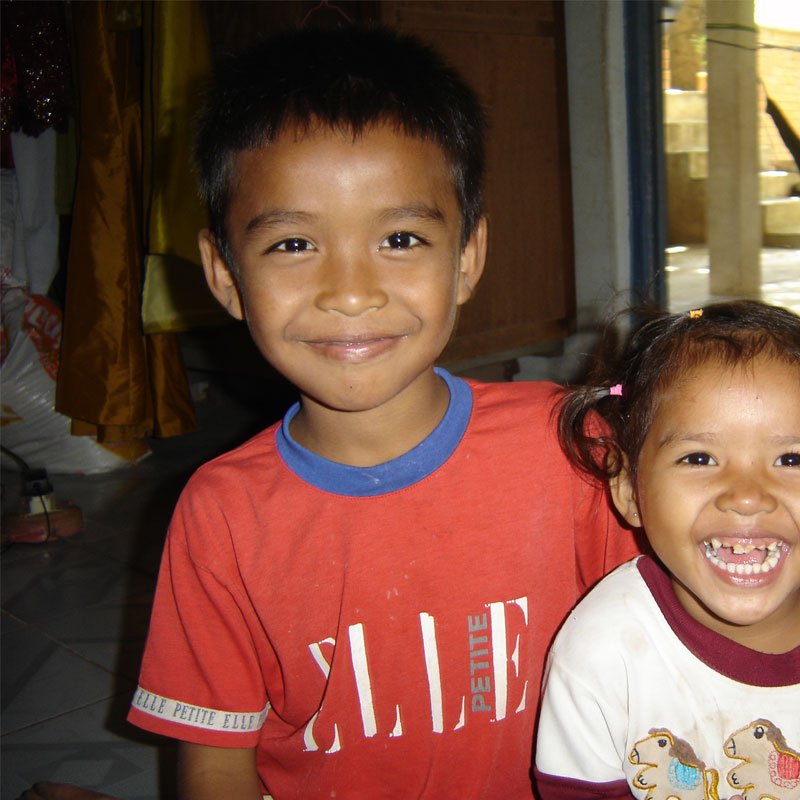Location
Cambodia. Location within country: 23 provinces/municipalities (Banteay Meanchey, Battambang, Pailin, Kampong Cham, Kampong Chhnang, Kampong Speu, Kampong Thom, Kampot, Kep, Kandal, Kratie, Mondulkiri, Oddar Meanchey, Phnom Penh, Prey Veng, Pursat, Ratanakiri, Siem Reap, Sihanoukville, Stung Treng, Svay Rieng, Takeo, Tboung Khmum)
Project Description
The World Bank, in collaboration with the Ministry of Health (MOH), is supporting the redesign of Service Delivery Grants (SDGs) that will be implemented as part of the larger Health Equity and Quality Improvement Project (H-EQIP). H-EQIP aims to increase the sustainability of these innovations by improving their resourcing and management as envisaged in the government’s Health Strategic Plan 2016-2020 (HSP3). It will further strengthen the results-based focus of SDGs with a specific goal of improving quality of health service delivery and utilization of services by the poor and will use a multi-pronged approach to strengthening health systems, especially to support improvements in quality of care.
As part of its support, WB designed a rigorous impact evaluation to measure improvements in quality (and quantity) of health service delivery attributed to the SDGs. The results from this quantitative evaluation are expected to inform the Royal Government of Cambodia (RGC) and Development Partners on the efficacy of the proposed intervention. Impact evaluation will take place at the same 3 levels where SDGs are inputted: health centers, hospitals and operational districts (ODs).
The objectives of the baseline data collection are to provide a reference point against which the interventions’ effects can be measured, help inform the intervention design, and contribute to the evidence base on quality of care in Cambodia.
At the baseline, Angkor Research’s involvement in this large-scale, randomized control trial included sample selection, instrument review/translation (from the WB RBF IE Toolkit, with back-translation), primary CAPI data collection (tablet-based) and data management for surveys of both the demand-side and supply-side aspects of health care utilization and access, to evaluate the effects of SDGs on a range of household, service delivery and health care indicators.
The sample is nationally representative, and covered 70 ODs in 23 provinces of Cambodia. On the supply-side, Angkor Research conducted interviews with 70 OD directors, health facility evaluations at 140 public health centers (including medical record audits and drug/medical equipment inventories), 545 interviews with medical staff (including situational vignettes), and 1,000 exit interviews with patients. In the catchment areas of the target health centers, 2,500 households were interviewed on a range of indicators, including health equity fund (HEF) status anthropometrics, health-seeking behavior, out-of-pocket health expenditures and maternal/child health. Household data is longitudinal, and can be linked between survey rounds. Data collection also includes interviews with village authorities and GPS locations in all villages. The household survey was completed with a 98.7% response rate.
